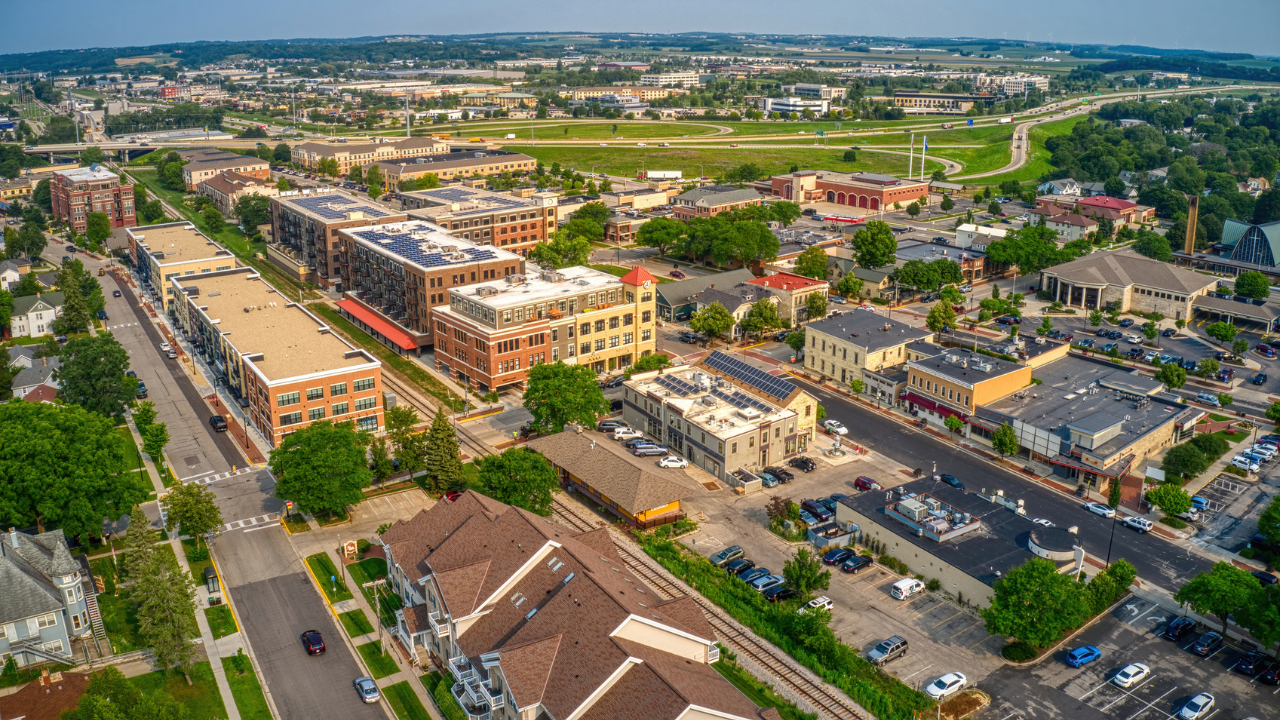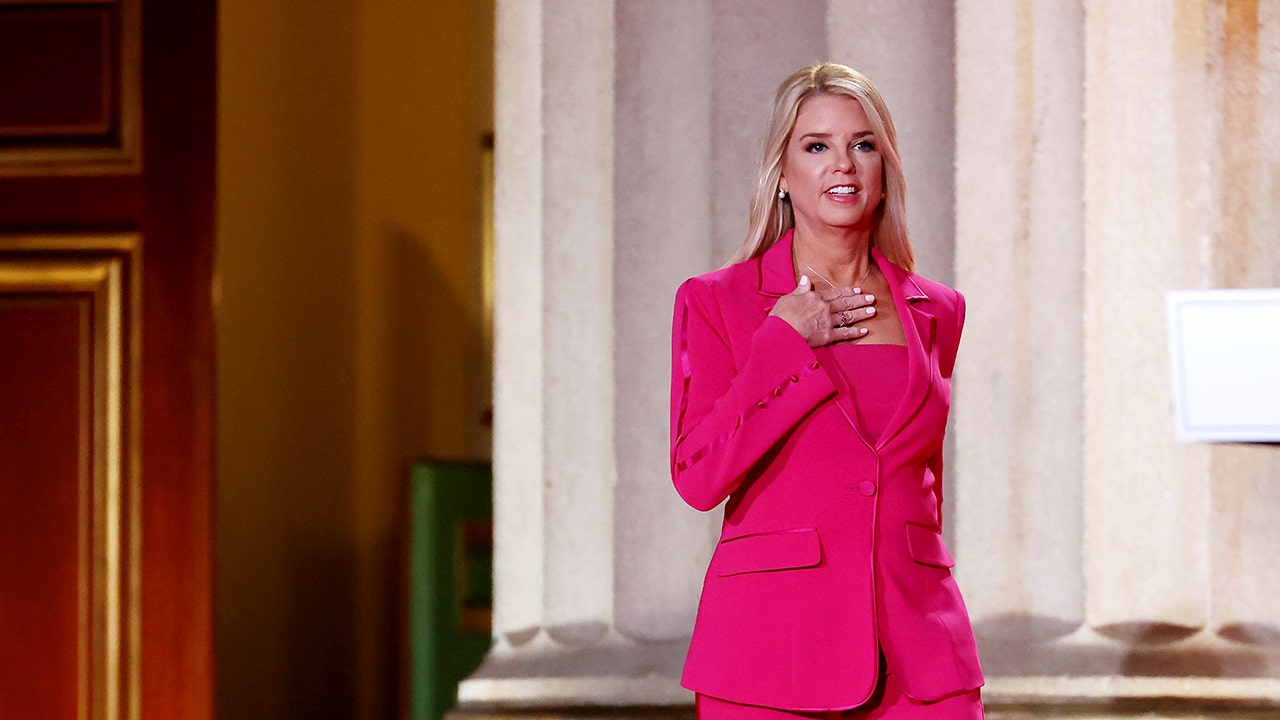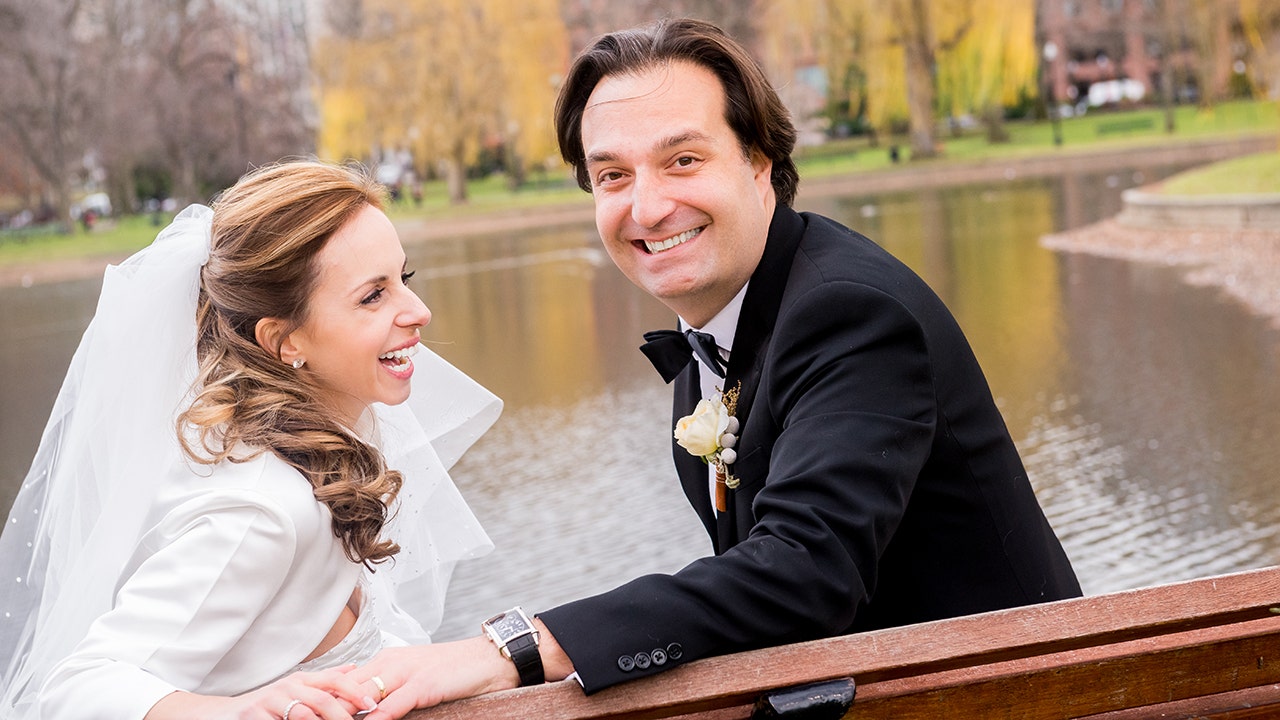REAL AMERICANS, by Rachel Khong
As the story goes, after the death of China’s first emperor in 210 B.C., Chen Sheng, a military captain, organized a motley band of soldiers in a revolt against the Qin dynasty and its harsh penal laws. Sheng was defeated, but he became known for his belief that one’s status is not intrinsic — that one can change, grow, transcend. “Are kings, generals and ministers merely born into their kind?” he asked, a rhetorical question that became a rallying cry about identity and self-determination.
That is the same kind of query that propels Rachel Khong’s new novel, “Real Americans,” which begins with a scene involving an enchanted lotus seed supposedly “carried to the first emperor of united China in the mouth of a dragon.” Part historical fiction and part family saga, the book homes in on this inquiry: Can we change who we fundamentally are, or who we were meant to be? Or, are we inevitable? What do we make, then, of those who come after us?
“Real Americans,” which comes after Khong’s 2017 debut, “Goodbye, Vitamin,” is a sprawling novel, divided into three sections, each told from a different generation of a Chinese American family. It opens in New York in 1999, with Lily, a poor, unpaid media intern, falling in love with Matthew, a “distractingly hot” WASP-y aristocrat (read: blue-eyed, blond, white and rich). After a complicated courtship that is buoyed by passion but unsettled by their class differences, they get married and have a son; then Lily learns that her family and Matthew’s family are secretly more intertwined than she thought.
Before we see how this discovery plays out, we jump to 2021. Matthew and Lily’s child, Nick, is now a teenager, plagued by the usual jitters that accompany adolescence: puberty, first love, college applications. He and Lily now live in Washington, but curiously absent from their life is Matthew, whom Nick does not know. An auspicious match on a DNA test brings him to clandestine encounters with his father, meetings that threaten to unravel Nick’s world because they prompt him to question what role, if any, Matthew should play in his life and force him to reckon with his mother’s shrouded past.






